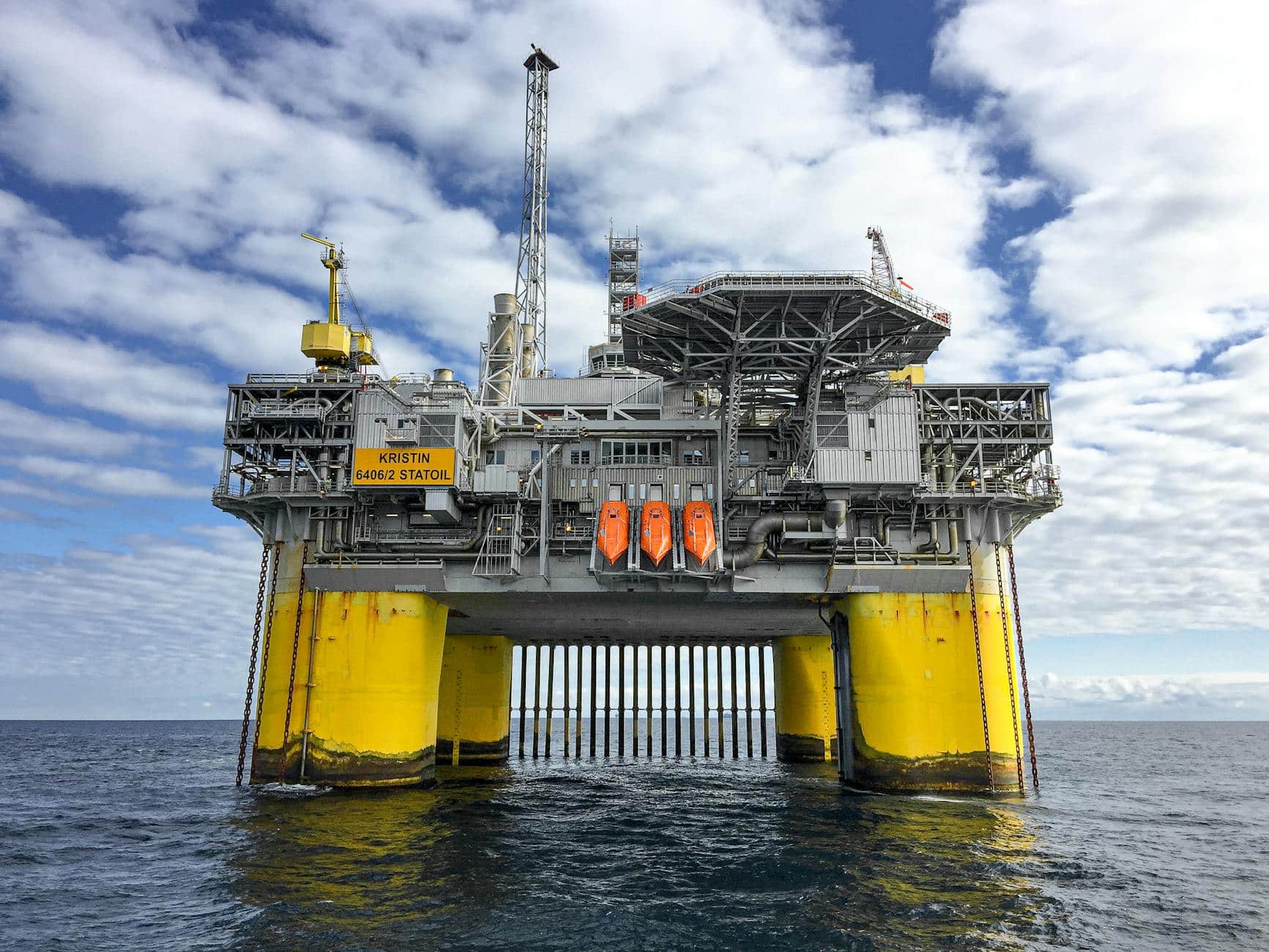Many people argue to no avail about whether or not it makes sense for United States oil companies, for example, to drill for more oil. Some think that more oil drilling will reduce oil prices, and while others disagree with that entirely. OPEC’s actions help to clarify the grey areas in this debate. The history of OPEC’s actions are actually informative and helpful in deciding whether or not drilling for more oil is the economic thing to do.

First, OPEC has a history of producing less oil than the maximum that they can. In other words: They don’t normally allow themselves to bump into the oil production ceiling, which I will cause oil production capacity. [Source – Page 2]
You should look at page two of this document and you will see that during that time period: The amount of oil that OPEC could produce (which is oil production capacity) was far more than they were actually producing. Their production capacity needs to be greater than oil demand because oil demand increases and especially in case of demand spikes, they need to be able to increase oil production.
My main point is that oil production is not as high as it can be, but is meeting demand, and that means that OPEC doesn’t need to supply any more oil. Higher oil supply reduces oil prices.
Reason: When the ratio of oil supply to oil demand increases, the price of oil drops. This is a basic general law of demand and supply that you may have learned in your business class.
The U.S Is Producing And Exporting So Much Oil, That It Could Almost Be A Net Oil Exporter
According to this article, the United States is exporting so much oil that it could almost export more oil than it is importing, and the rest of the oil it uses is already produced domestically, therefore, its oil imports could almost be replaced by its exports because exports. If the U.S has this much oil, then it does not need to drill for more.
Oil companies can make more money selling oil for more than $100 per barrel than at the low cost that drilling advocates say it could be by simply drilling.
About fact that lower product prices due to higher supply can increase demand, which sometimes leads to increased profit despite lower prices: If oil was sold for a quarter of what it is now in the United States now, which is required to get oil down to $1 USD per gallon, demand would have to more than quadruple for it to be possible for profits to increase over what they are now, and increased demand increases the price of oil.
So that also boils down to the laws of demand and supply.
The fact that the U.S is exporting so much oil but the is still using mostly foreign oil shows that oil companies are not going to allow the U.S to become independent of foreign oil unless the government bans oil exportation and provides financial incentives to produce it domestically at a low enough price to facilitate the gasoline prices the advocates promised of less than $2 per gallon.
It also shows that the United States is already producing almost enough oil to meet its own demand, and therefore, drilling is not the solution to its foreign oil reliance problem.
Update: According to the EIA (U.S Department of Energy), the U.S is now a net exporter of oil.




